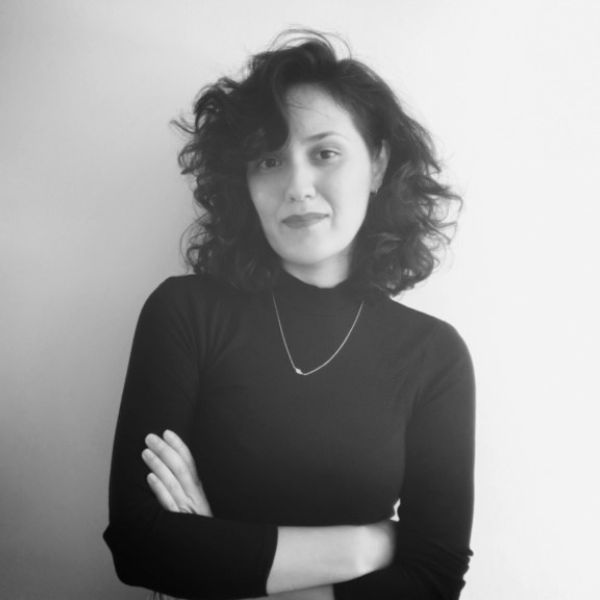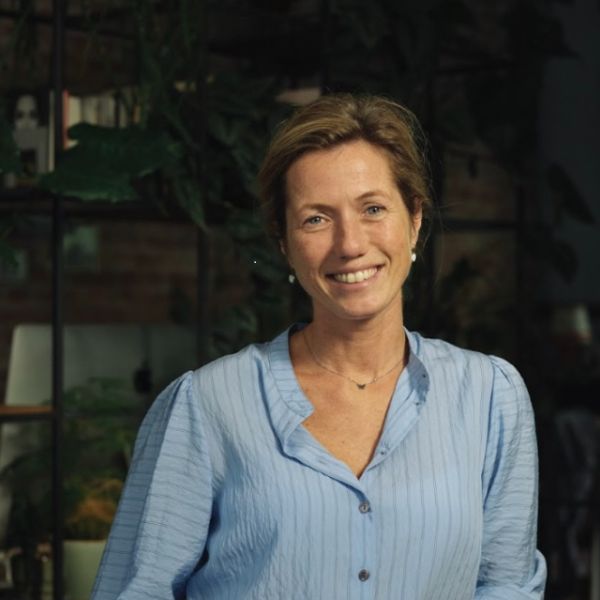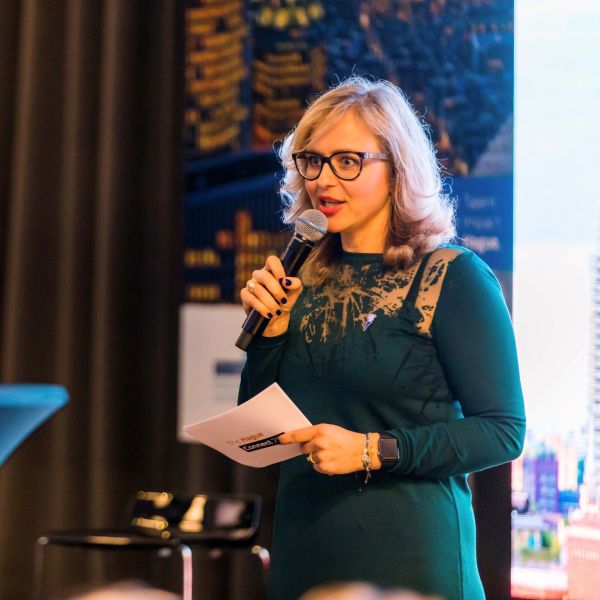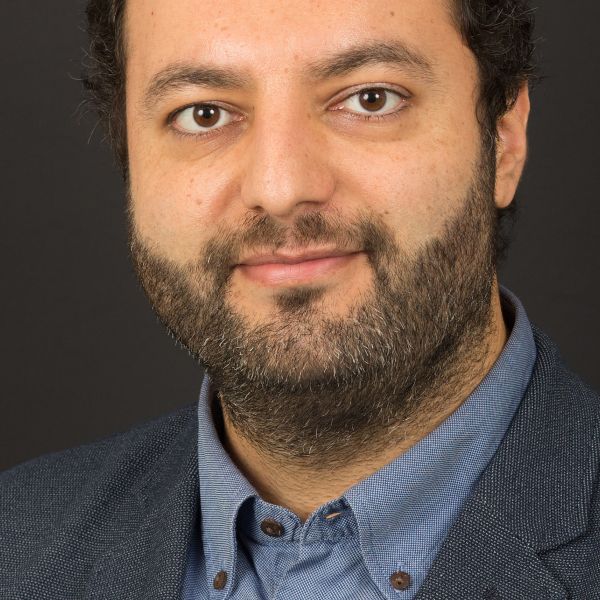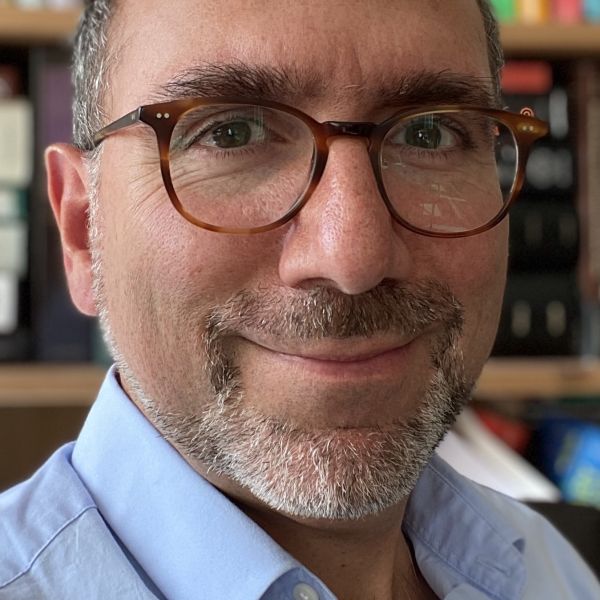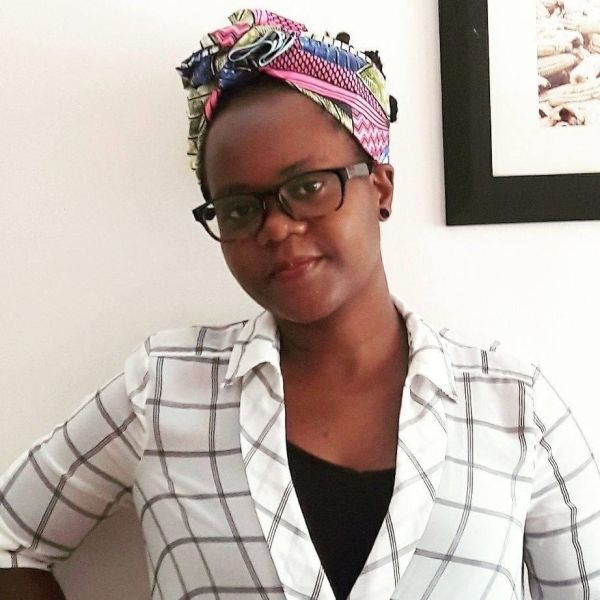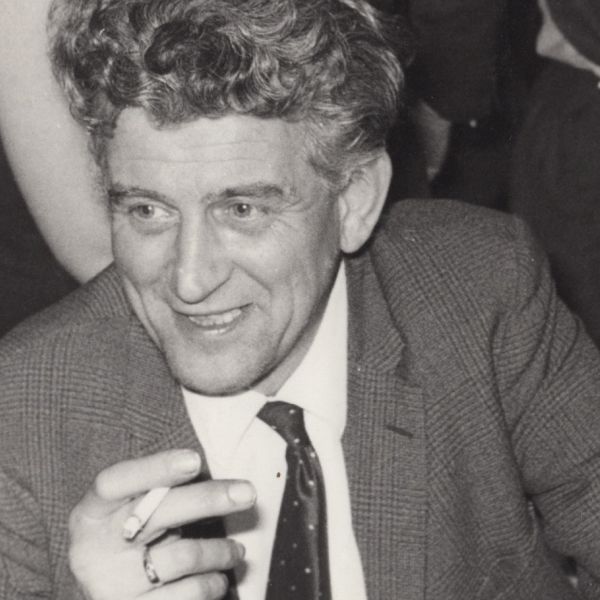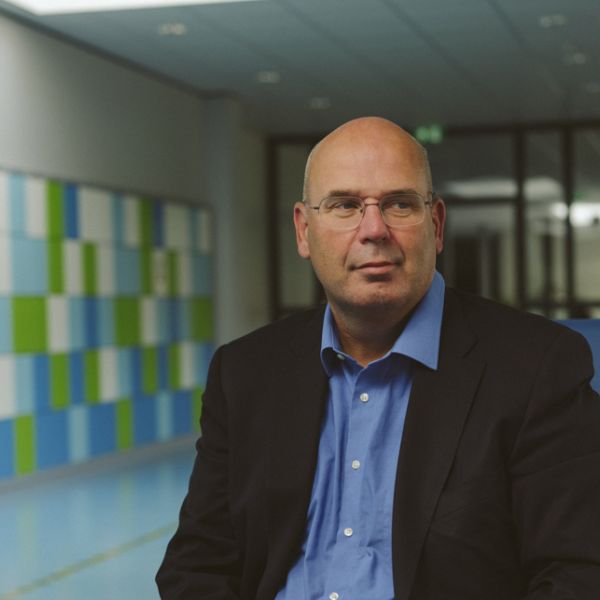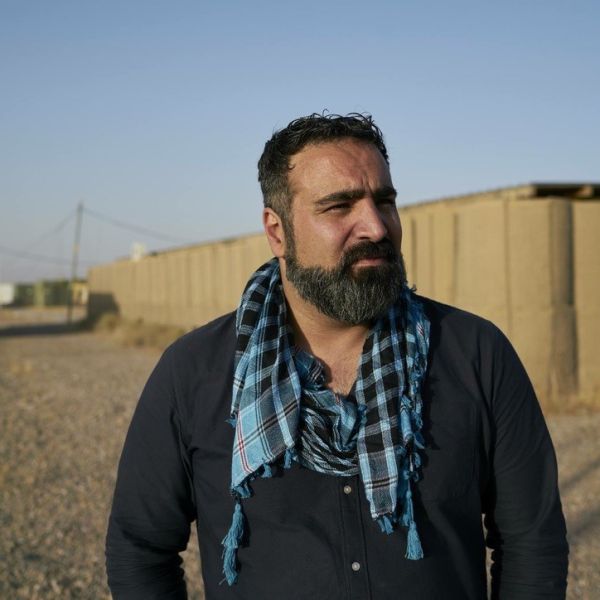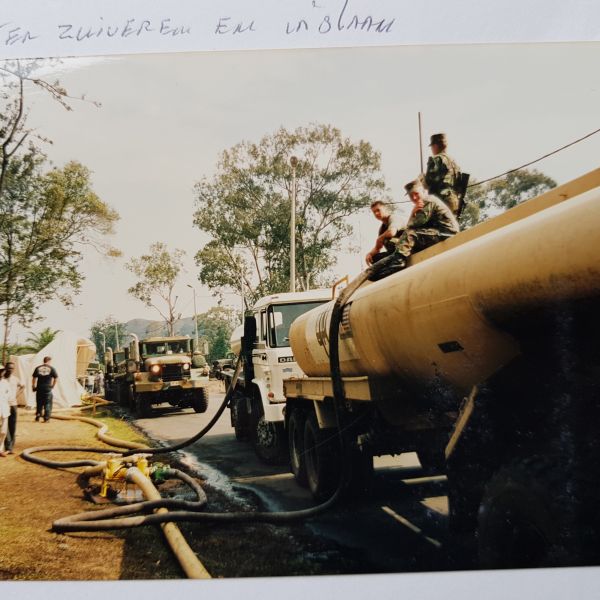75 jaar VN in 75 Verhalen: Patrick Cammaert
In his career, Patrick Cammaert (1950), Major-General (retired) in the Dutch Marines, was involved in UN missions all over the world, including Cambodia, Congo, Ethiopia, Eritrea and Bosnia-Herzegovina. At the end of 2018, he led the UN mission sent in to establish the cease-fire in Yemen.
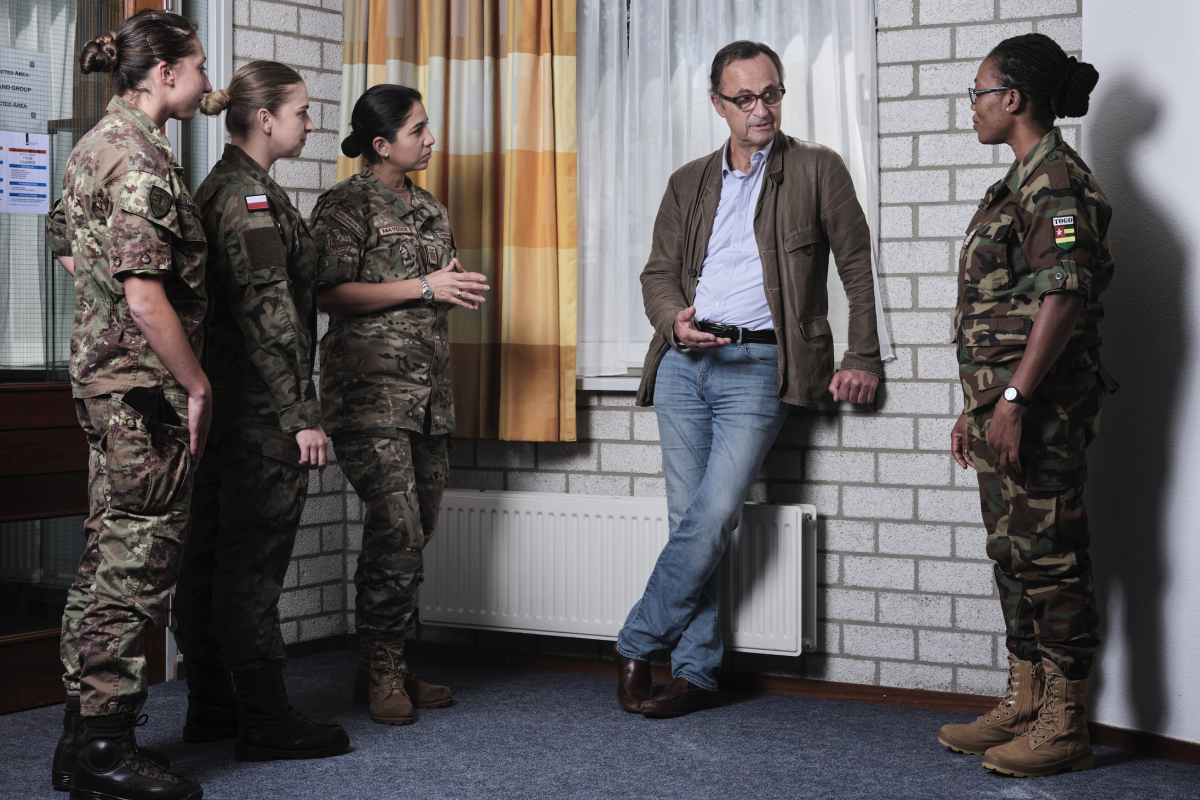
Yemen has a long history of violence, but the unification of North and South Yemen in 1990 quickly led to a violent civil war. The violence was dominated by the Houthi uprising against the central authority. Against the backdrop of the Arab Spring, this led to President Saleh’s abdication in 2014.
A UN Security Council resolution legitimising the incoming President Hadi gave neighbouring Saudi Arabia the green light for military intervention. Saudi Arabia also feared economic backlash and democratic movements in its own territory. The Saudi bombardments hit the civilian population hard. Extremist organisations took every advantage of the chaos.
“What’s happening in Yemen is a complete catastrophe”
Through it all, the UN delivered humanitarian aid and continued peace negotiations. But multiple negotiation attempts on neutral ground failed to achieve the desired peace. The peace negotiations of 2018 were seen as a breakthrough, but the UN ultimately proved powerless to enforce the arrangements made.
Today, the conflict has expanded into an impenetrable civil war with multiple other countries acting behind the scenes for their own economic, political or territorial interests. The infrastructure has been destroyed and massive food shortages plague the country. The extreme brutality of the war has made it nearly impossible to organise aid or reporting Yemen. The conflict continues to rage for the most part hidden from the eyes of the world.
The United Nations has called the war in Yemen the greatest humanitarian crisis of this time.


Cammaert began his mission in Hodeida, a port city in Yemen in the hands of the Houthi rebels. “To get the government delegation from the city of Aden through there, we had to go straight through the front lines,” he says. “That was dangerous; there were sharpshooters everywhere. All it would take was one qat-chewing hothead to pull the trigger and everything would go up in flames.” The government delegation said they were only prepared to move if Cammaert came to pick them up in an armoured UN vehicle. That was against UN rules, but he decided to do it anyway. It got results, and started off a series of meetings. But then, when the government demanded that the Houthis come to the government quarter in Aden to continue the talks, they refused. “They didn’t dare to; each of them had a bounty on his head of four million dollars.” So the negotiations broke down.
“All it would take was one qat-chewing hothead to pull the trigger and everything would go up in flames”
“What’s happening in Yemen is a complete catastrophe,” Cammaert says. “Right in the middle of the front lines, there’s a warehouse with 51,000 tonnes of food, while the people are starving.” When he visited a hospital in Hodeida, he saw the consequences. “The image of the woman in the veil, with her child dead of starvation in her arms, and her eyes staring helplessly into space... I’ll never get it out of my head.”
That visit got Cammert thinking, and he came up with a ploy to get the talks going again. “There was a small supply ship out in the Red Sea. We managed to get both parties to agree to meet there, on neutral ground. It was heated, but we made real progress.”
“No matter how often it goes wrong, we have to keep trying and not look away. As long as I think that I can still make a difference, I’ll keep going.”
Er is slechts één plek op aarde waar bijna alle landen van de wereld met elkaar aan tafel zitten: de Verenigde Naties. De VN richt zich op kwesties die de grenzen van landen overstijgen of zelfs de hele wereld aangaan, zoals vrede en veiligheid, klimaatverandering, onderwijs, gezondheid, cultureel erfgoed, economische ontwikkeling, en meer. Voor velen lijkt het werk van de VN erg abstract, maar door in gesprek te gaan met reddingswerkers, vredeshandhavers, hulpverleners, diplomaten, ooggetuigen, soldaten, en anderen die betrokken zijn bij de VN, wordt duidelijk hoe belangrijk het werk van deze organisatie is. Dit is precies wat het Humanity House heeft gedaan. Helaas heeft deze organisatie zijn deuren moeten sluiten, maar Just Peace en Museon-Omniversum hebben de handen ineengeslagen om hun verhalen te bewaren. Je kunt deze verhalen nu vinden op de website van Just Peace, en een deel ervan is ook opgenomen in een tentoonstelling over de VN in Museon-Omniversum.
The 75 Years of UN Stories were collected and curated by Frederiek Biemans for Humanity House.
